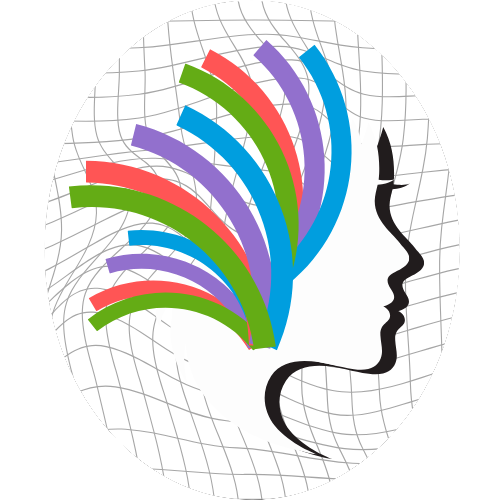Self-Reflection: Establishing a Solid Foundation
A successful mentoring experience starts with a clear understanding of competences and aspirations.
The SPIDER Self-Reflection Questionnaire is a tool used by researchers to assess entrepreneurial mindset, the ability to identify opportunities, and readiness for collaboration. This structured self-assessment creates a foundation for a personalised mentoring experience, ensuring alignment between the researcher’s goals and the host organisation’s expertise.

The SPIDER
The Self-Reflection phase is the cornerstone of the EdTech Mentoring Approach. During this phase, researchers receive a structured way to assess their current skills, experiences, and areas for growth before engaging in collaborative activities. This phase fosters self-awareness, helps researchers set individual learning goals, and enables host organisations to tailor support based on each researcher’s unique strengths and needs.
At the core of this phase is the SPIDER Questionnaire, a self-assessment tool designed to evaluate the competence of “Spotting Ideas and Opportunities” as outlined in the EntreComp Framework and validated through the LEVEL5 methodology.By completing this structured self-evaluation, researchers can gain a clear understanding of their entrepreneurial mindset and innovation potential, setting the foundation for an effective and meaningful secondment.
The EdTech Talents SPIDER
Access the SPIDER Questionnaire
- Use the embedded form below to complete the self-assessment.
- Answer each question honestly, reflecting on past experiences and competencies.
Analyze Your Results
- The questionnaire will provide insights into your ability to identify opportunities, create value, and navigate innovation processes.
- Consider which areas show strengths and where there may be opportunities for development.
Share & Discuss (Optional)
- Your results can be shared with your host organization to establish a common understanding of your capabilities and expectations for the secondment.
Use as a Reference Throughout the Programme
- Revisit it after the secondment to evaluate growth and reflect on competence development.
- The self-assessment serves as a baseline for tracking your progress across the mentoring programme.
The Potential and Benefits of Self-Reflection
Self-reflection is a crucial step in personal and professional growth.By assessing their competencies, researchers gain a deeper understanding of their strengths and areas for improvement, fostering a proactive mindset. This process enables them to set clear learning goals and align expectations with their host organisations.Additionally, self-reflection enhances innovation capacity, as it involves recognising opportunities and valuing ideas, which are key elements of entrepreneurial thinking. For host organizations, understanding a researcher’s self-assessment allows for a more tailored and effective mentoring process, ultimately leading to better collaboration and impactful outcomes.
Potential next steps
Once the self-reflection phase is completed, researchers are encouraged to engage with their host organisations to discuss insights from their assessment. This discussion will help define collaboration priorities, ensuring that the secondment is aligned with both the researcher’s development goals and the host’s expectations.Researchers may also explore Design Thinking methodologies, entrepreneurial frameworks, or industry-specific learning resources to further refine their skills. Following this, they will transition into the Collaboration Phase, where they will apply their insights in a hands-on, interactive learning environment.
